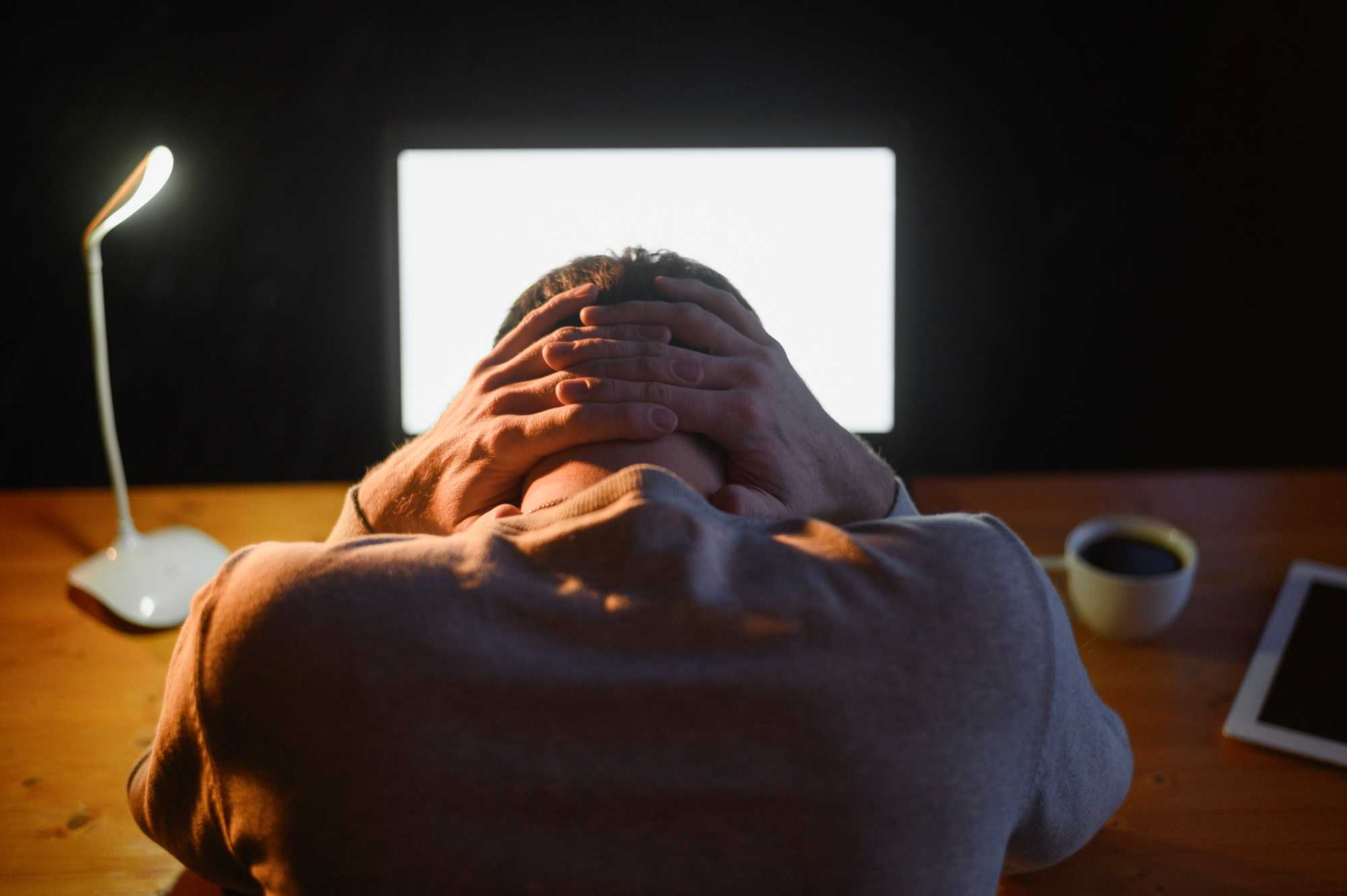What I Wish I Knew Before Burnout Took Over My Daily Life
How to Recognize, Recover, and Prevent Burnout
PUBLISHED 2024-05-23
Burnout is a term we hear often, but what does it really mean? How does it affect our lives, and more importantly, how can we combat it? This blog will delve into the essence of burnout, its causes, the critical connection between sleep and burnout, recovery strategies, and the best practices to build a daily routine to prevent burnout.
What is Burnout?
Burnout is a state of emotional, mental, and often physical exhaustion caused by prolonged or repeated stress. It’s not just about feeling tired; it’s a pervasive sense of being overwhelmed and unable to meet constant demands.
- Emotional Exhaustion: Feeling drained and unable to cope, often accompanied by a lack of energy.
- Cynicism: Developing a negative, detached attitude towards your job or responsibilities.
- Reduced Performance: Feeling ineffective and lacking accomplishment in your tasks [1][2].
Causes of Burnout
Burnout can stem from various sources, both personal and professional. Understanding these causes is the first step in addressing and preventing burnout.
- Workload: Excessive work hours and high demands can lead to physical and mental exhaustion [3].
- Lack of Control: Feeling powerless over your work or personal life can contribute to stress and burnout [1][3].
- Insufficient Rewards: Lack of recognition or rewards for your efforts can diminish motivation and increase burnout risk [1].
- Dysfunctional Work Environment: Harassment, bullying, and poor communication can create a toxic work environment, leading to burnout [1].
- Personal Factors: Adverse childhood experiences, social isolation, and negative perfectionism can also contribute to burnout [1].
Connection Between Sleep and Burnout
Sleep and burnout are closely intertwined. Poor sleep can exacerbate burnout, and burnout can lead to sleep problems.
- Sleep Reactivity: Burnout, particularly work exhaustion and emotional impairment, is associated with higher sleep reactivity, making it harder to fall and stay asleep [4][5].
- Insomnia and Fragmented Sleep: Those experiencing burnout often suffer from insomnia and non-restorative sleep, which further impacts their mental and physical health [5][6].
- Stress Hormones: Chronic stress from burnout increases cortisol levels, disrupting sleep patterns and leading to further exhaustion [5].
How to Recover from Burnout
Recovering from burnout requires a multifaceted approach, focusing on both mental and physical health.
- Acknowledge Burnout: Recognizing and admitting that you are experiencing burnout is the first step towards recovery [7].
- Seek Professional Help: Therapy can provide strategies to manage stress and address underlying issues contributing to burnout [8].
- Physical Activity: Regular exercise helps reduce stress and improve mood, aiding in burnout recovery [7][9].
- Relaxation Techniques: Practices like yoga, meditation, and mindfulness can help manage stress and promote relaxation [8][9].
- Social Support: Relying on friends, family, or support groups can provide emotional support and reduce feelings of isolation [8][9].
Best Practices to Build a Daily Routine to Prevent Burnout
Establishing a healthy daily routine can be a powerful tool in preventing burnout. Here are some strategies to consider:
- Start Your Day the Night Before: Plan your top priorities for the next day to reduce morning stress and improve sleep quality [10].
- Avoid the Snooze Button: Waking up immediately helps maintain a consistent sleep schedule and reduces grogginess [10].
- Take Periodic Breaks: Short breaks throughout the day can help reset your mind and maintain productivity [10].
- Stay Hydrated: Drinking enough water is crucial for maintaining energy levels and overall health [10].
- Set Boundaries: Establish clear boundaries between work and personal life to ensure you have time to relax and recharge [11].
Conclusion:
Burnout is a serious issue that can affect anyone, but with the right strategies, it can be managed and prevented. By understanding its causes, recognizing the signs, and implementing healthy routines, you can protect your mental and physical well-being.
Key Takeaways:
- Burnout is a state of emotional, mental, and physical exhaustion caused by prolonged stress.
- Common causes include excessive workload, lack of control, insufficient rewards, and a toxic work environment.
- Poor sleep and burnout are closely linked, with each exacerbating the other.
- Recovery strategies include acknowledging burnout, seeking professional help, engaging in physical activity, practicing relaxation techniques, and relying on social support.
- Preventing burnout involves establishing a healthy daily routine, including planning ahead, avoiding the snooze button, taking breaks, staying hydrated, and setting boundaries.
References:
[1] 17 causes of burnout you’ve never considered
[2] Burnout: Symptoms and Signs
[3] Six Causes of Burnout at Work
[4] Associations between burnout symptoms and sleep among workers during the COVID-19 pandemic
[5] How Burnout Affects Sleep — and What to Do About It
[6] Sleep and biological parameters in professional burnout: A psychophysiological characterization
[7] Feeling Burned Out? These Experts Offer a Recovery Plan
[8] 12 Ways To Recover From Burnout
[9] How To Recover From Burnout: New Study Holds Surprises
[10] 10 Daily Routines That Will Help You Prevent Burnout
[11] Daily and weekly tips to help prevent burnout at work






